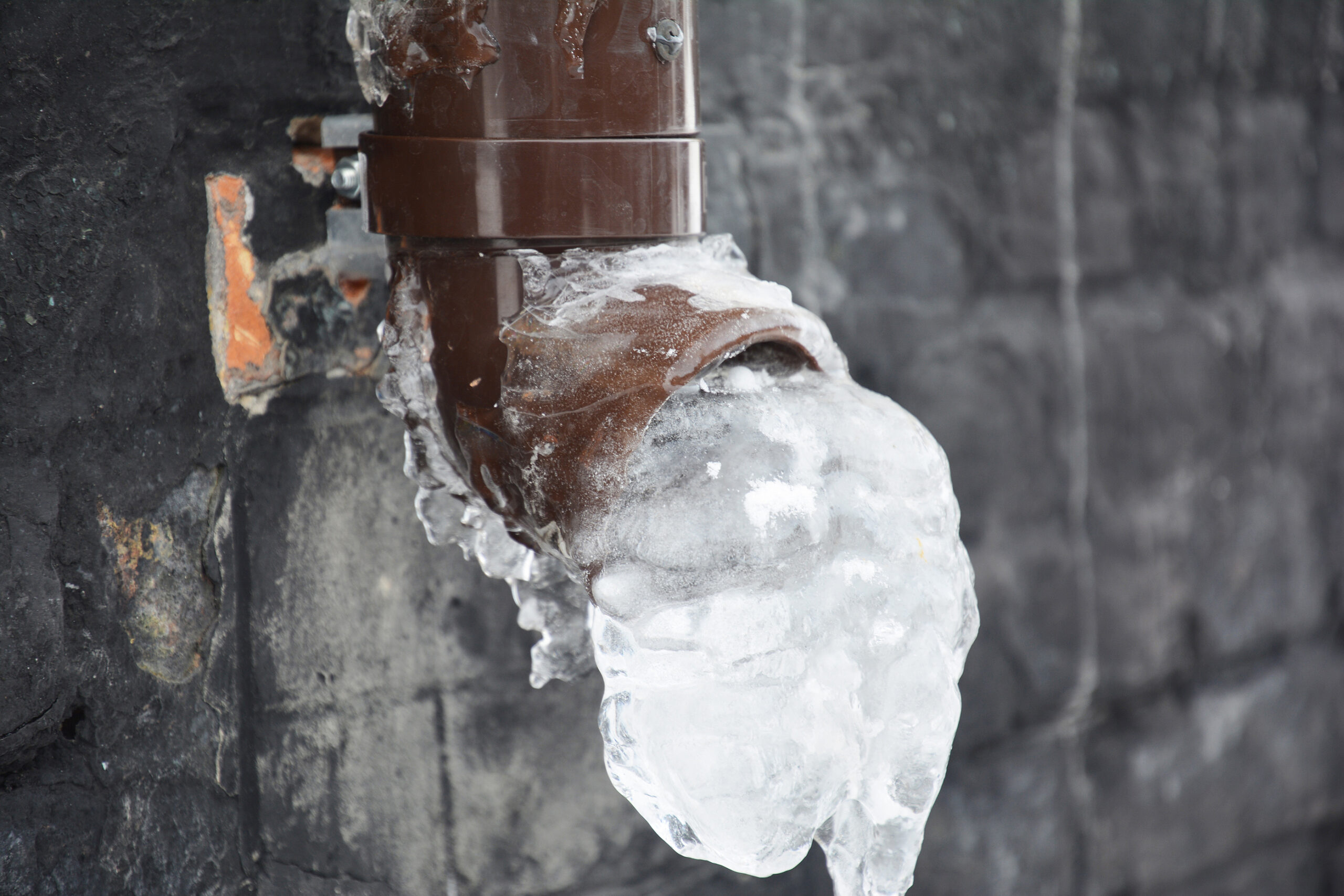Tips to Keep Your Pipes from Freezing Issues: Crucial Guidance
Tips to Keep Your Pipes from Freezing Issues: Crucial Guidance
Blog Article
We have stumbled on the article on Winter Plumbing Precautions: Preventing Frozen Pipes listed below on the web and concluded it made perfect sense to quickly share it with you over here.

Winter can damage your plumbing, especially by freezing pipes. Right here's just how to avoid it from occurring and what to do if it does.
Intro
As temperature levels drop, the threat of icy pipelines boosts, potentially leading to pricey fixings and water damages. Comprehending exactly how to stop icy pipes is crucial for home owners in cold environments.
Prevention Tips
Protecting vulnerable pipes
Cover pipelines in insulation sleeves or use warm tape to protect them from freezing temperatures. Concentrate on pipelines in unheated or exterior locations of the home.
Heating methods
Maintain indoor spaces adequately warmed, specifically locations with plumbing. Open closet doors to permit warm air to circulate around pipes under sinks.
How to recognize icy pipelines
Seek reduced water circulation from taps, uncommon smells or noises from pipes, and visible frost on exposed pipes.
Long-Term Solutions
Architectural modifications
Consider rerouting pipelines away from exterior walls or unheated locations. Include extra insulation to attic rooms, cellars, and crawl spaces.
Updating insulation
Purchase high-quality insulation for pipes, attics, and walls. Correct insulation assists keep consistent temperatures and decreases the risk of icy pipelines.
Protecting Outside Pipes
Garden tubes and exterior taps
Separate and drain yard hose pipes prior to winter months. Set up frost-proof faucets or cover outside taps with insulated caps.
Comprehending Frozen Pipelines
What triggers pipes to freeze?
Pipes freeze when subjected to temperature levels below 32 ° F (0 ° C) for prolonged periods. As water inside the pipelines freezes, it expands, putting pressure on the pipe walls and possibly causing them to burst.
Risks and problems
Icy pipes can result in water interruptions, residential or commercial property damage, and costly repair services. Ruptured pipelines can flooding homes and trigger substantial architectural damage.
Signs of Frozen Pipes
Recognizing frozen pipes early can avoid them from breaking.
What to Do If Your Pipes Freeze
Immediate activities to take
If you presume icy pipes, keep faucets open to relieve pressure as the ice thaws. Utilize a hairdryer or towels soaked in hot water to thaw pipes gradually.
Verdict
Protecting against icy pipes calls for positive steps and fast actions. By understanding the reasons, signs, and safety nets, house owners can protect their pipes during winter.
Helpful Tips to Prevent Frozen Pipes this Winter
UNDERSTANDING THE BASICS: WHY PIPES FREEZE AND WHY IT’S A PROBLEM
Water freezing inside pipes is common during the winter months, but understanding why pipes freeze, and the potential problems it can cause is crucial in preventing such incidents. This section will delve into the basics of why pipes freeze and the associated problems that may arise.
THE SCIENCE BEHIND FROZEN PIPES
When water reaches freezing temperatures, it undergoes a physical transformation and solidifies into ice. This expansion of water as it freezes is the primary reason pipes can burst. As the water inside the pipe freezes, it expands, creating immense pressure on the walls. If the pressure becomes too great, the pipe can crack or rupture, leading to leaks and water damage.
FACTORS THAT CONTRIBUTE TO PIPE FREEZING
Low Temperatures: Extremely cold weather, especially below freezing, increases the risk of pipes freezing. Uninsulated or Poorly Insulated Pipes: Pipes located in unheated areas, such as basements, crawl spaces, or attics, are more prone to freezing. Insufficient insulation or lack of insulation altogether exacerbates the problem. Exterior Wall Exposure: Pipes running along exterior walls are susceptible to freezing as they encounter colder temperatures outside. Lack of Heating or Temperature Regulation: Inadequate heating or inconsistent temperature control in your home can contribute to frozen pipes. PROBLEMS CAUSED BY FROZEN PIPES
- Pipe Bursting: As mentioned earlier, the expansion of water as it freezes can cause pipes to burst, resulting in significant water damage.
- Water Damage: When pipes burst, it can lead to flooding and water damage to your property, including walls, ceilings, flooring, and personal belongings.
- Structural Damage: Prolonged exposure to water from burst pipes can compromise the structural integrity of your home, leading to costly repairs.
- Mold and Mildew Growth: Excess moisture from water damage can create a favorable environment for mold and mildew growth, posing health risks to occupants.
- Disrupted Water Supply: Frozen pipes can also result in a complete or partial loss of water supply until the issue is resolved.
WHY CERTAIN PIPES ARE MORE PRONE TO FREEZING
- Location: Pipes located in unheated or poorly insulated areas, such as basements, crawl spaces, attics, or exterior walls, are at higher risk of freezing.
- Exterior Pipes: Outdoor pipes, such as those used for irrigation or exposed plumbing, are particularly vulnerable to freezing as they are directly exposed to the elements.
- Supply Lines: Pipes that carry water from the main water supply into your home, including the main water line, are critical to protect as freezing in these lines can affect your entire plumbing system.
- Underground Pipes: Pipes buried underground, such as those connected to sprinkler systems or outdoor faucets, can be susceptible to freezing if not properly insulated.
https://busybusy.com/blog/helpful-tips-to-prevent-frozen-pipes-this-winter/

Hopefully you enjoyed our article about How to prepare your home plumbing for winter weather. Many thanks for spending some time to read our article post. Loved our content? Please quickly share it. Help somebody else find it. I love your readership.
Click Here Report this page